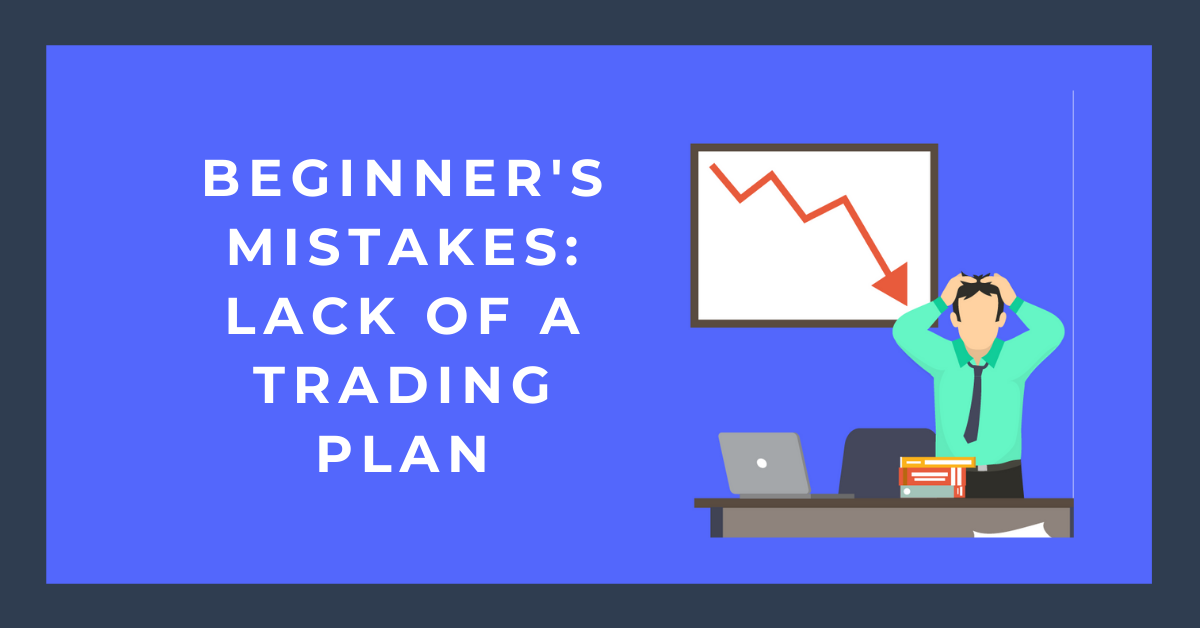Opening positions in the market without a clear trading plan (trading system) is nothing more than suicide. Yet this is one of the most common mistakes novice traders make. It’s like starting your own business by renting an office space and hiring employees, but with no idea of the market, competition, or even what kind of product you are going to sell.
One of the main reasons that 90 percent of novice traders lose money is the lack of a trading plan.
All successful traders use a trading plan and many of them will tell you that they treat trading like a business. They have a clear and realistic concept of what they want to achieve; a trading strategy that suits their personality and is able to adapt to different situations; exit strategies as well as entry strategies. They also spend a lot of time evaluating and adjusting their plan while out of the market.
The fact is that for most traders the problem is not in developing a trading plan, but in following this trading plan. No matter how good your trading plan is, what good is it if you don’t follow it. From this point of view, it is better to have a mediocre trading plan and follow it rigorously, in which case you could at least improve it by doing an evaluation.
How to build a good trading plan
So what does a good trading plan look like? Well, first of all, you must consider your own personality and circumstances. For example, a good plan has realistic goals, and you should take into account the trading capital you have at your disposal, the amount of time you can set aside for trading, and so on.
Your trading plan should be tailored specifically for you.
Just as there are no two absolutely identical people in nature, so there cannot be two absolutely identical trading plans.
Self-assessment
Not every trading strategy is suitable for every trader. Some strategies give a high percentage of small profitable trades, others a low percentage of large profitable trades. Some strategies give a signal to open positions once a week, while others are designed for intensive intra-day trading. Proper self-assessment will help you find a trading strategy that’s right for you.
Trading should be comfortable – this is one of the criteria for correct self-assessment when drawing up a trading plan
Exit strategy
Remember, one of the most important parts of your trading plan should be your exit strategy. Setting stop loss and take profit orders is often what makes the difference between successful traders and losers. So don’t forget to pay attention to this.
I am of the opinion that a well thought out exit strategy can allow a trader to make a stable profit, even with a mediocre trading system as a whole.
Assessment
Another important part of your trading plan is to regularly evaluate it. You cannot expect him will be perfect from the start (in fact, you cannot expect it to be perfect ever). You should regularly evaluate your trading plan to find leaks and weaknesses in it, and then make the necessary adjustments.
Make this kind of adjustment after monthly analysis of your trade
Accounting
You need to keep a record of your trade. For each open position, you must note things like: the name of the currency pair, the prerequisites for entering the position, entry, exit, profit. brokers usually keep a history of your trades, but it will not give you the detailed understanding of the details of each trade that you will need to evaluate your trading
The most optimal form of accounting is keeping a trader’s diary. In this diary, in addition to purely technical records, you can describe your psycho-emotional state in the trading process. Such records will later serve as a good tool for both trade analysis and introspection.
A trader’s diary, like a trend, is its best friend
Let’s sum up
For many aspiring traders, trading in the market is a pretty emotional business, but it doesn’t have to be. You don’t have to enter the market on a whim, or follow a strategy just because your friend says it has done wonders for him. You should not keep a position open just because you cannot accept even small losses. Strict adherence to a trading plan will relieve you of the emotional component of trading in many ways.
Consider your personality type and personal circumstances and build a trading plan around that. Strictly adhere to it in the trading process, and regularly evaluate it while out of the market. Constantly improve your trading , because it is a faithful assistant on the way from a beginner to a professional trader.

